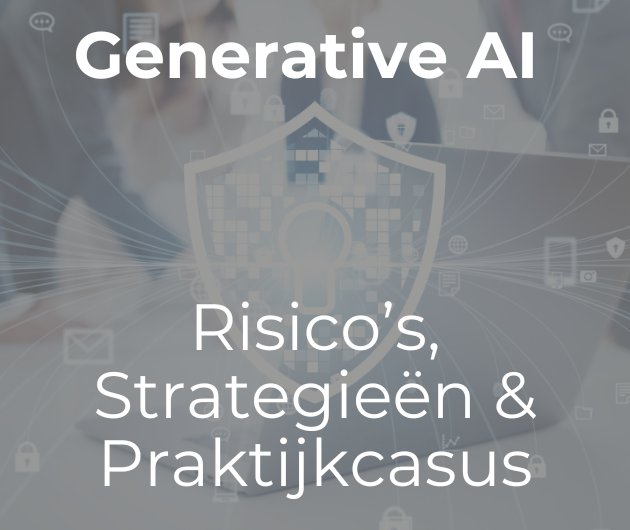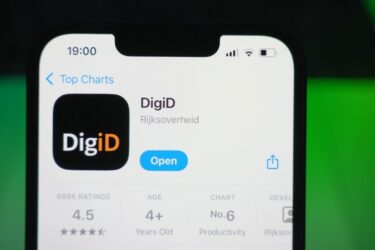As a regular user of a PC and Windows 98 I am appalled at the dreadful quality of the product. The problems are exaggerated by the equally awful standards of many of the common applications.
One of the most infuriating trends is the way in which new releases are given the "window dressing" treatment, which makes them more attractive to the marketing men and apparently to reviewers, who need something to report on, but in most cases makes them less functional. Indeed in some personal experiences the newer releases are functionally inferior to the older one, e.g Adobe PhotoDeluxe version 1 is much better than version 2 and 3! There is no doubt that a much simpler, far more robust operating system, with appropriate applications, is desperately needed. Sadly we are not going to get it yet.
There is a reasonable range of choice for a server, whether it is on proprietary hardware (mainframes, HP, Sun, IBM Unix variants, or NT adaptions from Unisys, etc.) or on Intel-based products (Windows, UnixWare and now Linux). On the server Java is becoming the norm for supporting applications, and there is as a result an acceptable range of software to choose from, but on the desktop or home PC, there is only one practical choice, Microsoft. Linux will make an inroad and alternative architectures to the PC, based on thin-client communicating devices, will emerge, while Apple struggles on, but most of us are caught in the Microsoft monopoly trap. Only the Americans could let Microsoft get away with such a blatant monopoly and pretend it didn’t exist.
So if we can’t get a more practical alternative to Windows 98 or NT, is XP going to be the answer? We can only wait and see, but the initial signs are not encouraging, I’m afraid. My first personal set-back came with the arrival with my daily newspaper of a free CD giving a guided video tour to the beauties of XP. Unfortunately after running for 20 seconds, it totally crashed my Windows 98, a bad start! It did it again the next time, so I still haven’t seen how impressive it is. I must refer to my colleagues first opinion that it was a typical "upgrade", that is all show, great for the reviewers, but woefully short of the user friendliness so badly needed. I wonder why simplicity has become such a bad word in the IT industry?
The release of XP showed just how high profile the IT industry problems have become, because the launch attracted coverage from the normal TV news programmes. Unfortunately for Microsoft, the TV reviewers emphasised the painful fact that this product far from simplifying PC requirements in fact needs significantly more resources than its predecessors, in other words it is only generally relevant to new hardware. I am sure that the Wintel fraternity hoped that people would buy XP and then too late realise that they needed to significantly upgrade their hardware.
In the USA there has been some gloating from Microsoft, much to Sun’s chagrin, because of the settlement in Microsoft’s favour of the ruling of the Government over breaking up the company. This is seen as a boost to aid the flagging sales in the IT industry, although I always thought that there were more important things than PCs to think about. But the European governing bodies are not going to be so forgiving. Microsoft have clearly been able to woo support in the USA in the last election, but they won’t be able to do that in Europe. The monopoly has a negative impact on the European software industry. There is no doubt that Linux will provide a greater opportunity for home grown European products than will XP. As it is the bulk of software in use is American in origin, something I am sure the Community is aware of and would like to change. They are unlikely to let Microsoft of the hook, particularly since they were given the lead by the earlier US court rulings.
Europe is a big market for Microsoft, but the new schemes being proposed for licencing may be acceptable to the Bush administration, but not in Europe. The question then arises as to whether or not they could have two strategies, one for the States and another for Europe, which would be a nightmare given the increasing globalization of companies and the influence of Internet shopping. I think I will continue to labour on with Windows 98, disgraceful though that is.








